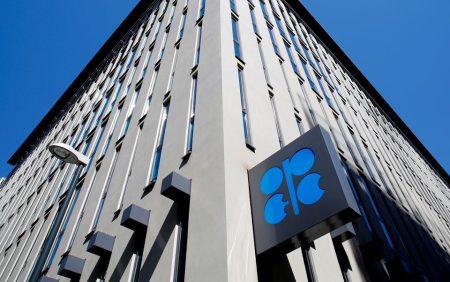 03 March 2013 – BP’s investigation of its disastrous 2010 Gulf of Mexico blowout did not address the impact of cost overruns on the well, a BP executive said in the final day of testimony this week in the massive civil trial over the spill.
03 March 2013 – BP’s investigation of its disastrous 2010 Gulf of Mexico blowout did not address the impact of cost overruns on the well, a BP executive said in the final day of testimony this week in the massive civil trial over the spill.
Plaintiffs contend that cost concerns prompted crew members on the doomed Deepwater Horizon rig to rush to wrap up the drilling. The executive who led BP’s internal investigation said the company did not focus on that angle.
“I don’t recall it being part of our discussions,” Mark Bly, global head of safety and operational risk, said on the third day of testimony in the trial.
Bly, whose name is on the report of BP’s internal probe, said he and the then-chief executive, Tony Hayward, did not include budgetary issues when they set the scope of the investigation three days after the explosion in April 2010.
Plaintiffs lawyer Paul Sterbcow noted the Macondo well operation had been US$60 million (HK$465.4 million) over budget and more than a month past schedule at a cost of US$1 million (HK$7.76 million) per day.
The US Justice Department, Gulf Coast states and plaintiffs are suing well operator BP, rig owner Transocean, well cement provider Halliburton and others.
The plaintiffs say BP put profits above safety, and forensic engineer Bob Bea, co-founder of the Center for Catastrophic Risk Management at the University of California, Berkeley, testified this week that there was “ample evidence of intense pressure” from BP to save time and money.
Bly told Justice Department trial attorney Mike Underhill that BP forged ahead with its plan to pump Halliburton-made cement into the well as part of finishing the job without having received all the tests Halliburton conducted on the mixture to make sure it would harden as required.
Bly said he thought they got results of some tests, but not all. When asked if that decision to move ahead was a decision made by BP supervisors on the rig or onshore, Bly replied, “I believe that would be an onshore decision.”
BP contends that Halliburton made substandard cement, which failed to provide an adequate barrier to oil and gas that later blew out. Halliburton disputes that contention.
Underhill, in a rare light-hearted moment at the trial, had started his questioning of Bly with a joke about automatic federal spending cuts due to take effect on Friday. “You get me one day before my employer furloughs me,” Underhill said.
Earlier, Bly went through his conclusions in BP’s internal report, which spread the blame for mistakes before the accident. The report laid most of the blame on Transocean, and set the tone for three years of finger-pointing among the companies.
Allocation of blame is one of the two key issues considered in this first phase of the non-jury trial before US District Judge Carl Barbier, which will run for months if it does not settle first. The other focus is severity of negligence among the companies involved in the disaster, which killed 11 men and let more than 4 million barrels of oil foul the Gulf.
Bly said BP’s well site leader and Transocean crew misinterpreted a pressure test that signaled possible trouble in the well, losing key reaction time. If pressure in the oil reservoir deep under the seabed is higher than that in the well, oil and gas will flow upward.
“That risk was neither recognised or addressed until it was too late?” Sterbcow asked.
“There were signs that the well was flowing,” Bly said. “It didn’t seem to be recognised or reacted to.”
Bly is due to continue his testimony on Monday. The executive, who said he plans to retire in about two months, was promoted to serve on BP’s executive management committee shortly after chief executive Bob Dudley took the helm in October 2010.
*Reuters



